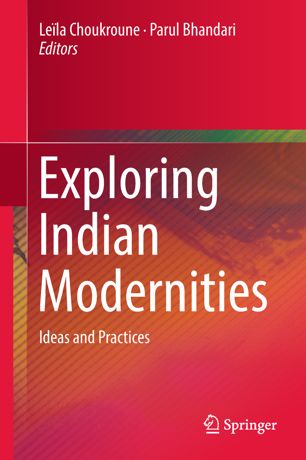

Most ebook files are in PDF format, so you can easily read them using various software such as Foxit Reader or directly on the Google Chrome browser.
Some ebook files are released by publishers in other formats such as .awz, .mobi, .epub, .fb2, etc. You may need to install specific software to read these formats on mobile/PC, such as Calibre.
Please read the tutorial at this link: https://ebookbell.com/faq
We offer FREE conversion to the popular formats you request; however, this may take some time. Therefore, right after payment, please email us, and we will try to provide the service as quickly as possible.
For some exceptional file formats or broken links (if any), please refrain from opening any disputes. Instead, email us first, and we will try to assist within a maximum of 6 hours.
EbookBell Team

4.4
82 reviewsThis book analyses how multiple and hybrid ‘modernities’ have been shaped in colonial and postcolonial India from the lens of sociology and anthropology, literature, media and cultural studies, law and political economy. It discusses the ideas that shaped these modernities as well as the lived experience and practice of these modernities. The two broad foci in this book are: (a) The dynamism of modern institutions in India, delineating the specific ways in which ideas of modernity have come to define these institutions and how institutional innovations have shaped modernities; and (b) perspectives on everyday practices of modernities and the cultural constituents of being modern. This book provides an enriching read by bringing together original papers from diverse disciplines and from renowned as well as upcoming scholars.